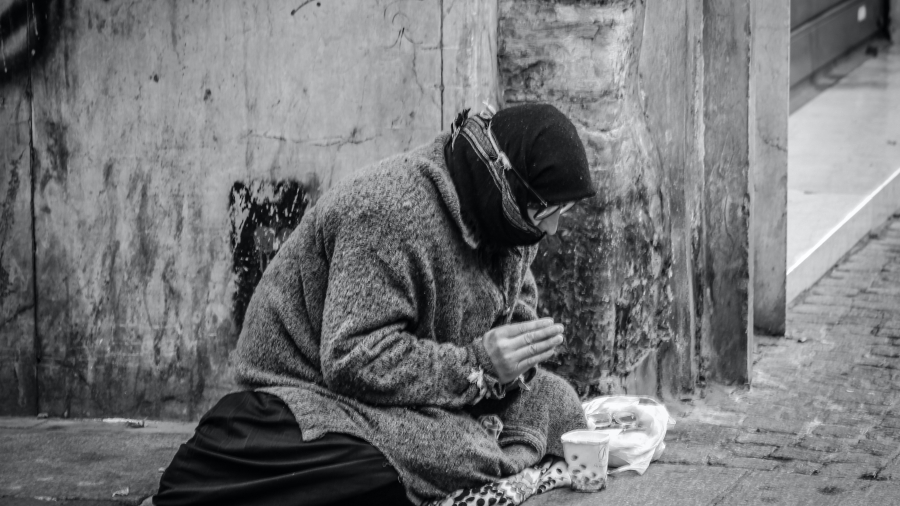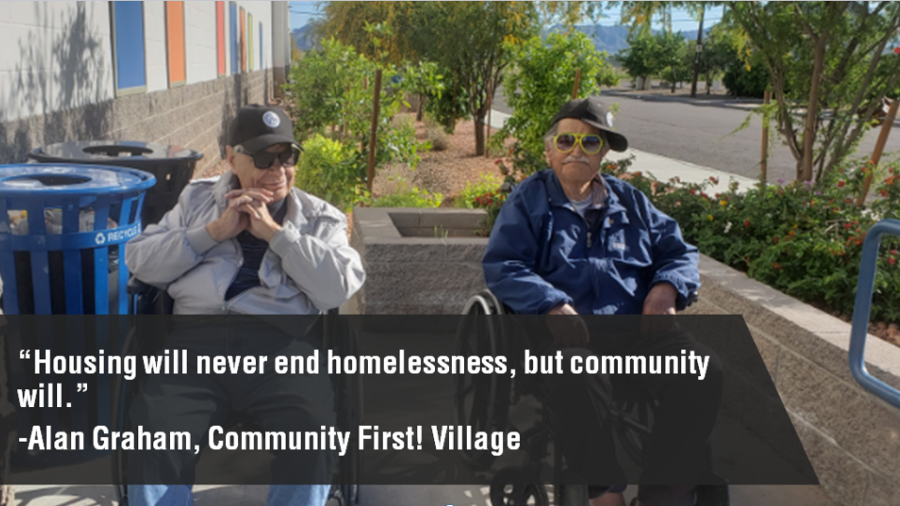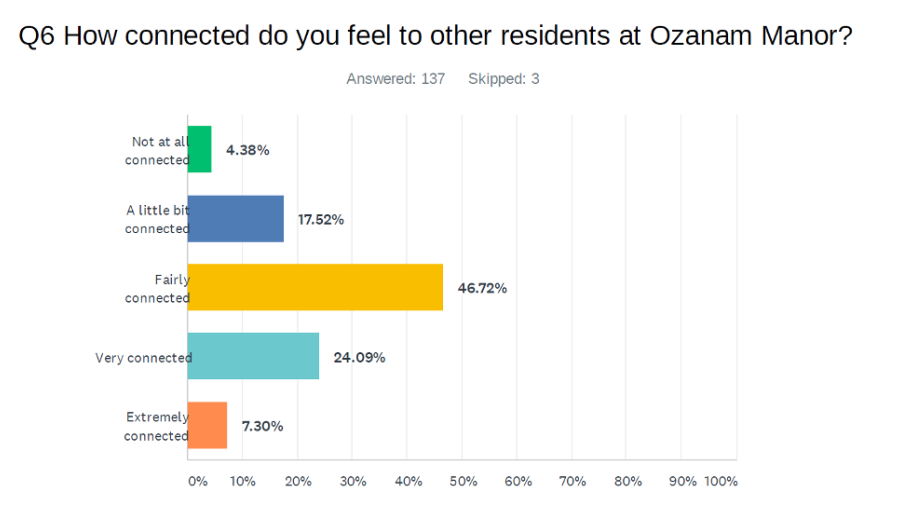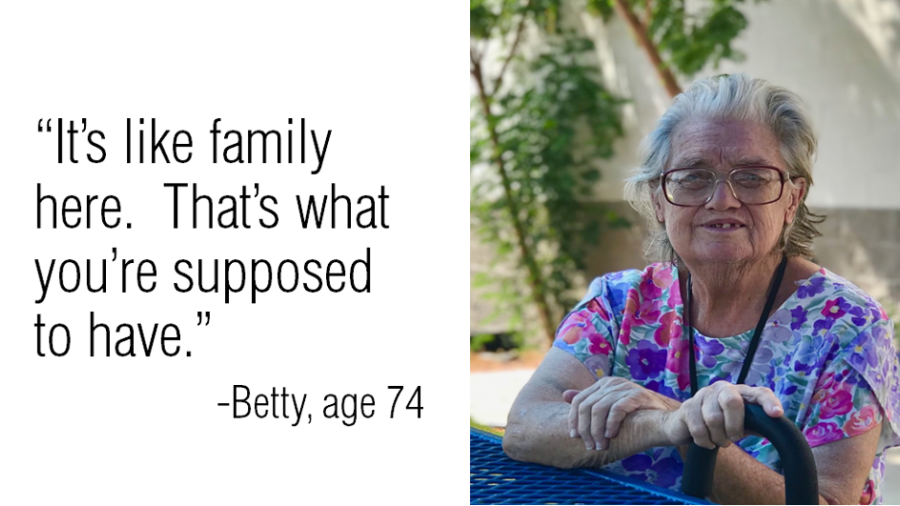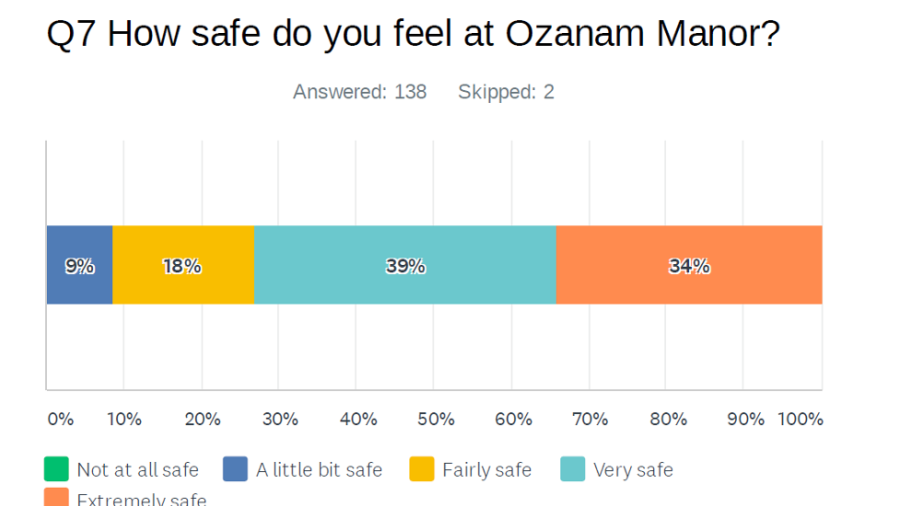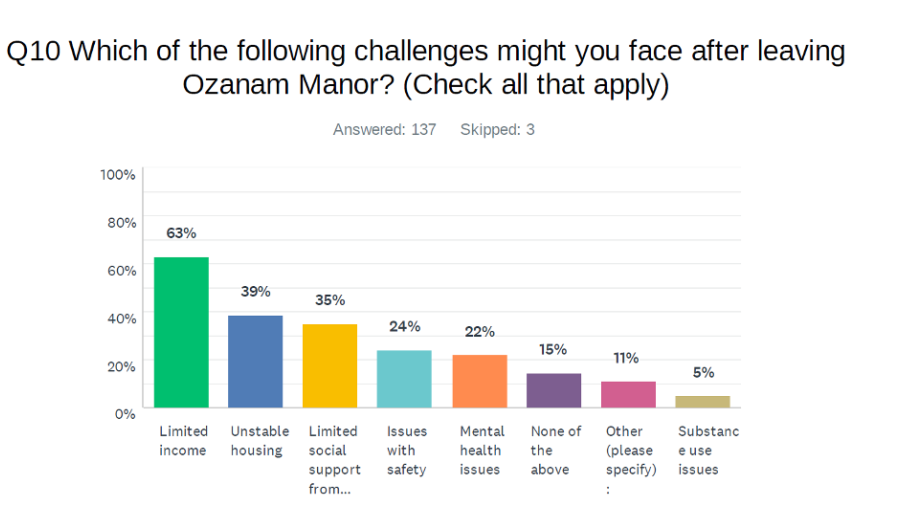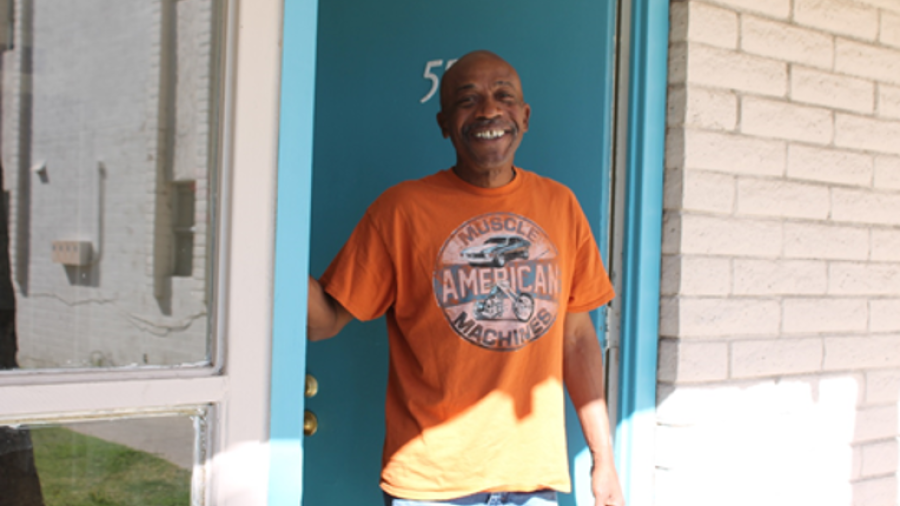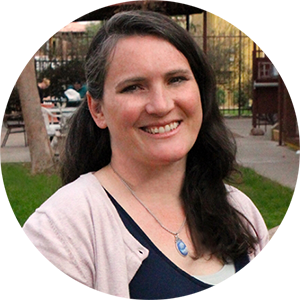
Elements of a shelter community model serving homeless older adults based on social determinants of health
Julia Matthies, Society of St. Vincent de Paul
"Housing will never end homelessness, but community will."
- Alan Graham, Community First! Village
Background
Over the past several years, homelessness among seniors has risen dramatically and is expected to triple in the next 10 years. Many of these homeless seniors are on fixed incomes and are unable to afford rent in the Phoenix area, where the average one bedroom apartment rents for $1,119, while Supplemental Security Income from Social Security is currently set at $783 per month. Subsidized apartment units can have waitlists in excess of one to two years. In addition to these barriers to finding housing, older homeless adults have more health conditions than average and are more likely to report feelings of loneliness.
Taken together, these challenges point to the need for a model of service provision for older adults experiencing homelessness that is flexible and addresses social determinants of health (SDOH) such as housing instability, social connection, and access to care. Ozanam Manor is a transitional shelter community that has been serving homeless seniors in the Phoenix area for more than 35 years. The program is focused on fostering community among residents and providing flexible support to residents to meet their needs.
Research questions
-
Is living in transitional housing a predictor of improved health outcomes for older adults who have experienced homelessness?
-
Is living in transitional housing a predictor of improved social connectedness among older adults who have experienced homelessness?
-
Among older adults who have experienced homelessness, is there a correlation between social connections and health outcomes?
Methods and findings
Matthies used a descriptive design approach to explore how select social determinants of health are addressed in a transitional shelter community. She conducted a literature review to identify rationale and best practices for the social determinants of health highlighted in this project. Program participants completed surveys about their health conditions and social supports. A small subset of these survey respondents participated in follow up interviews to obtain qualitative data. Matthies analyzed qualitative data first to find themes and then analyzed quantitative data from the surveys. She also analyzed data from three prior surveys of program participants.
Perceptions of safety in the shelter environment, relationships with staff, and participant accountability to the community emerged as important themes in survey responses. For residents, social cohesion is at least as important as access to care. Matthies and her team also learned that there is substantial value in the relationships that people experiencing homelessness build with program staff, and that staff's caring attitude has a positive correlation with participants' perception of the program.
Partners
-
St. Vincent de Paul
-
Arizona State University
Impact
Beyond advancing existing knowledge in this field and opening the door for further study of social determinants of health and homelessness, this project informed a new comprehensive initiative for Ozanam Manor focused on building social connections for its residents. Ultimately, Matthies hopes her work will shift the model for providing shelter to one based on social cohesion and flexible individualized care in order to improve quality of life, increase housing retention, and decrease health care costs for people experiencing homelessness.
Deliverables
During her fellowship, Matthies completed a report on her findings for the St. Vincent de Paul team as well as a feedback session for survey and interview participants. She also developed a project plan to implement new practices at Ozanam Manor that will enhance social connectedness and improve health outcomes. The plan includes restorative justice, a healthy communities decision matrix, and a trauma-informed care assessment and plan.
Julia Matthies
Ozanam Manor Director
St. Vincent de Paul
Community Fellow, 2020
Julia Matthies graduated from Northern Arizona University with a Bachelors in English and earned her Master of Social Work at Arizona State University. She is Ozanam Manor Director at St. Vincent de Paul.
